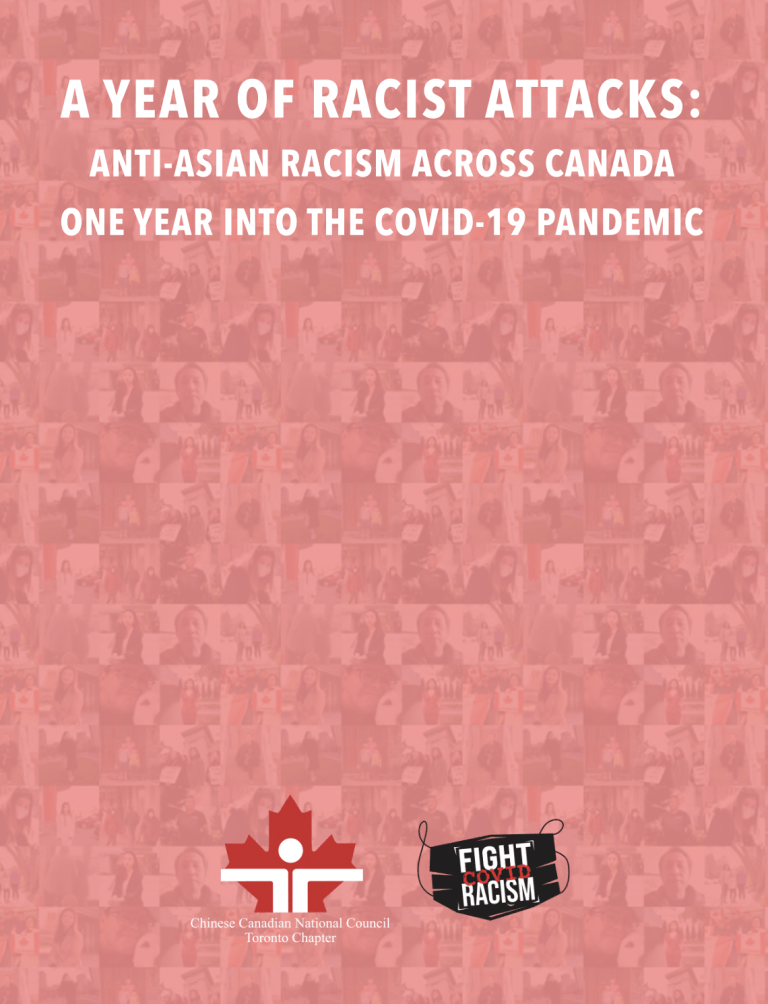4 search results
Recommendation 1:
The severity and pervasiveness of anti-Asian racism reported requires immediate attention from all levels of government. Federal, provincial and municipal governments and all political parties must recognize anti-Asian racism as a distinct area of discrimination that requires immediate action. In particular, the government must:
- Recognize the importance of anti-racism education by committing financial and other resources to community-led organizations to carry out anti-racism education.
- Provide comprehensive, community-based, culturally specific, collective and individual social supports that would be accessible for those from diverse backgrounds and of all language abilities to ensure that victims and survivors of racist attacks and anti-Asian racism can receive the support they need so that our communities can recover holistically.
- Implement comprehensive policies to prevent the spread of misinformation in media and social media which incites negative public discourse and further provokes racism (for example, policies proposed by CCNC-SJ).
- Fund more educational initiatives about the long history of Chinese Canadians and Asian Canadians in Canada, their historical experiences with racism and their contributions to Canada.
-
Category and theme:
Audience:
Groups affected:
Recommendation 2:
Recognize that while anti-Chinese and anti-Asian racism happens to anyone who is perceived to be from such a group, adopt a targeted approach based on intersectional equity, to ensure those who are most vulnerable are protected. Evidence from our data suggests specific attention needs to be paid to: seniors, those with limited English fluency, low income individuals, women, frontline workers, individuals without permanent immigration status, LGBTQ+ community members, those facing mental health issues and others.
-
Category and theme:
Audience:
Recommendation 3:
In light of the prevalence of racist attacks in restaurants, food and grocery establishments, accounting for almost 1/5th of all reported incidents, and the high numbers of Chinese and Asian Canadian essential workers in this sector, specific attention directed towards the protection of workers, operators and customers in these areas is critical.
- Recognize that workers and small businesses in the Chinese and Asian food sector have been impacted doubly: not only by the lockdown measures and economic damage resulting but also from racist attacks and racialized stigmatization of the sector. Provide support to these small businesses and workers in these sectors by ensuring there is robust support and a comprehensive recovery support strategy.
- Equip community, labour and businesses groups from Asian communities with the resources to support local businesses, workers and consumers in responding to racist attacks in these workplaces.
-
Category and theme:
Audience:
Groups affected:
Recommendation 4:
Chinese and Asian Canadians also face racism as workers. As frontline and essential workers during the pandemic, they are vulnerable to racist attacks and the same vulnerabilities that frontline and essential workers face. Fighting anti-Asian racism is also about recognizing how systemic inequity renders racialized communities more likely to be frontline and essential workers, and also ensuring that these workers have the protections they need:
- Ensure all workers have access to legislated paid sick days: seven permanent paid sick days in regular times and 14 paid sick days during health emergencies.
- Ensure satisfactory income support during and after the pandemic for all.
- Ensure status on arrival and implement a regularization program to grant permanent resident status to all migrants and people with precarious immigration status.
-
Category and theme:
Audience:
Groups affected:
